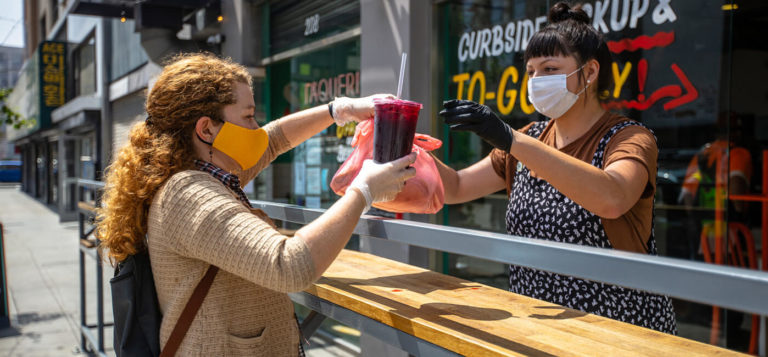Unless you’ve been living under a rock for the last twelve months, you will be aware that leaders such as WPP’s Sir Martin Sorrell, former Publicis CEO Maurice Levy and a plethora of marketers have been throwing down the gauntlet to media owners and location technology providers to get themselves third party verified.
After recent high-profile measurement and brand metrics errors industry leaders are calling for change. However, what progress have we made?
Unfortunately not a lot… Our latest study with ExchangeWire highlighted less than a quarter (24%) of mobile media planners are using third party measurement partners to report on metrics such as viewability rates and brand safety for their campaigns. Although that figure is set to nearly double within the next year, it’s still way off the number we would hope and expect for an industry under the magnifying glass.
At GroundTruth we are pro third party validation. We partner with measurement companies such as comScore to ensure our clients can have confidence in what we do. After all, the very definition of our new name (GroundTruth) is “a fundamental truth that is derived from data taken from direct observation rather than inference.”
In the survey of 151, we found 42% of planners admitted the main reason they become ‘third party verified’ was to prove to clients they are getting value for their money; with over a third (36%) saying it was about being able to provide transparency.
We know in order for location data to be accurate and valuable, the following checklist must be made when considering partnering with a location specialist:
Is the data precise?
We use a four-step location verification method paired with Blueprints. This means we filter out 70% of all location signals, another 80% of non-polygon signals, meaning that only 6% of the location signals that pass through our platform meeting our stringent criteria on what’s considered ‘quality data’.
Does the platform have scale?
To make robust decisions a location technology providers’ platform must have scale. We see nearly 20 billion global in-store visits, across 100 million locations in Blueprints every year to interpret actual physical locations using polygons drawn around buildings.
Is the partner credible?
In a recent Infoscout test in the US GroundTruth’s technology was considered 90% accurate, in the UK. GroundTruth recently passed an MEC location data audit that was carried out by measurement company Rippll.
Jide Sobo, Head of Moblie for MEC, recognises how crucial accurate data, and auditing is, therefore led a project with location measurement company, Rippll, to uncover the strengths of location providers in the UK. “According to the MMA, 31% of agency professionals find it difficult to understand differentiation amongst location providers. We set out an independently validated test to provide transparency into methodology used by various location providers in the UK, which revealed various strengths and weaknesses across the board. GroundTruth performed well and is one of the partners that MEC works with on location briefs.”
Of the mobile planners surveyed who are already using third parties to validate their campaigns, almost three quarters (70%) also use them, or intend to within the next year, to validate location campaigns and we find this encouraging that the industry is taking steps to ‘clear’ their name.
But there’s still a long way to go…transparency must sit at the core of the industry and it’s time for responsibility around attribution to be owned. No longer can we have students marking their own homework. The solution? Independent measurement companies need to be consulted to ensure budgets are spent utilizing quality data, rather than quantity and campaign measurements are accurate and transparent.
We know building off something real is the only way brands can truly connect with their customers and see campaign success, that’s why we will continue doing what we’re doing; seeking partners to validate the work we do and ensuring that validation remains valuable.





